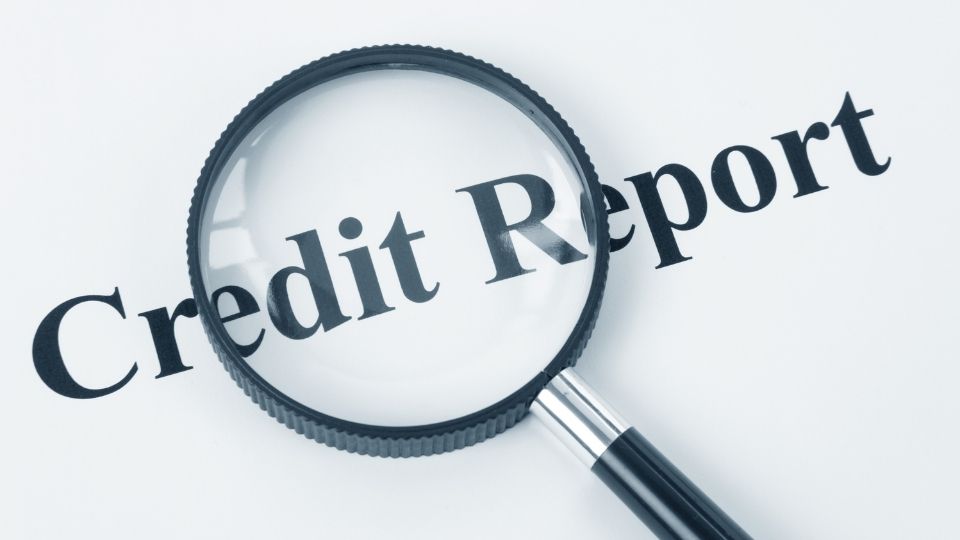Expert Tips to Avoid Charity Fraud and Give Wisely

Why do people give?
Research confirms that charitable giving increases happiness (Dunn, et al., 2008). Generosity produces good feelings. Even in times of economic stress Utah has consistently ranked in the Top 5 charitable states in the USA (McCann, 2019). While plenty of people already have a preferred charity they donate to, sometimes a special cause, natural disaster, widespread disease, social movement, or timely situation creates an additional desire to donate. Unfortunately, scam artists are always attempting to get a piece of the over 400 billion dollars donated to charities annually (charitynavigator.org). How can you continue to give wisely and avoid fraudulent charitable scams and bogus charities?
Tips to Avoid Charity Fraud
- A charitable organization will not ever ask for your social security information when donating.
- Counterfeit emails and phishing scams that imitate genuine, timely causes are very common. Scammers often use familiar company names, colors and logos. For the most up-to-date information on charitable giving opportunities, go straight to the organization’s website i.e. The Center for Disease Control, World Health Organization, Red Cross, etc.
- Ignore offers that sound too good to be true. If someone is offering a prize for donating, it may be a scam.
- Sincere fundraisers won’t push you to give on the spot. Watch out for opportunities that pressure you to act quickly to donate or that are “only good today”.
- Don’t be swayed by high pressure appeals that attempt to tug at your heartstrings, especially pleas involving patriotism and current events (i.e. natural disasters, diseases, etc.). Don’t fall for a sales pitch that claims you need to pay immediately by wiring money or sending it by courier.
- Add your number to the National Do Not Call Registry. Go to donotcall.gov or call (888) 382-1222.
- Check the Utah Division of Consumer Protection website to stay up to date about local scams and what to do about them.
Tips to Give Wisely
- Budget for giving. Put charitable spending into your monthly budget plan so you can continue to meet all other important financial obligations.
- Be informed. Research the charitable organization and fact check how they use funds given to them before Ask what percentage of funds goes to the organization’s mission vs operating costs. Search for ratings & reviews of the charitable organization (see reputable websites to research charities below).
- Verify. Verify that the charity is registered with the Utah Division of Consumer Protection and no complaints have been filed against them.
- Never use a gift card or wire transfer. Be careful with cash--a credit card or check is better. Always make your contribution by check payable to the charity, not the individual collecting the donation.
- Keep records. Keep your own record of your transaction in the form of a credit card statement or receipt. For large gifts be sure to collect additional documentation of the organizations ‘tax-exempt’ status.
- You can say no. If you don’t feel good about donating, then don’t!
Reputable websites to research charities:
These valuable resources offer professional advice about the quality of different charities. While each site has its own criteria, the base of their analysis is similar. For example, they tend to compare how much the charity spends on its mission versus operating and administrative costs. Note, you might not find much information if a charity is small or relatively new. Additionally, religious organizations are generally exempt from reporting the financial disclosures required of other organizations.
References
- Charity Navigator. (2018). The Annual Report on Philanthropy: Giving Statistics. Charitynavigator.org. Available at: https://www.charitynavigator.org/index.cfm?bay=content.view&cpid=42
- Consumer Financial Protection Bureau. (2019). How do I avoid scams and fraud after a disaster? Consumerfinance.gov. Available at: https://www.consumerfinance.gov/ask-cfpb/how-do-i-recognize-and-prevent-against-fraud-after-a-natural-disaster-en-1529/
- Dunn, E. W., Aknin, L. B., & Norton, M. I. (2008). Spending money on others promotes happiness. Science, 319, 1687-1688. Available at: https://science.sciencemag.org/content/319/5870/1687
- McCann, T. (2019). Most Charitable States. Wallethub.com. Available at: https://wallethub.com/edu/most-and-least-charitable-states/8555/
- Utah Division of Consumer Protection. (2020). Available at https://consumerprotection.utah.gov
Authors
Amanda Christensen, AFC, USU Extension Associate Professor; Orrin Hoskisson, Extension Intern;
Adapted from original authors Ann C. House, USU Extension Assistant Professor and Jan D. Andersen, USU Family Resource Management Specialist.
Related Research









